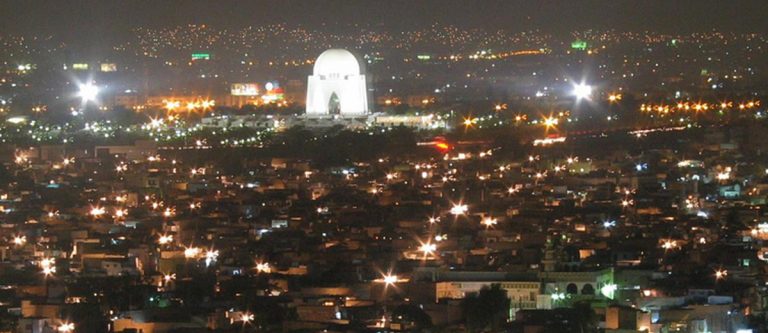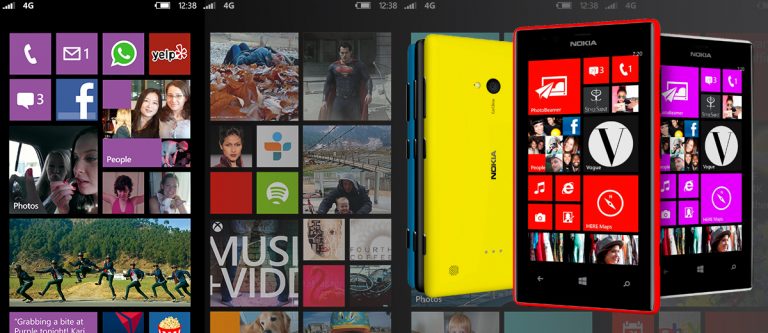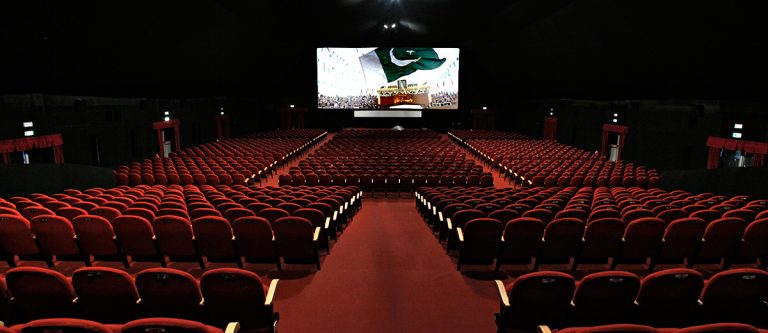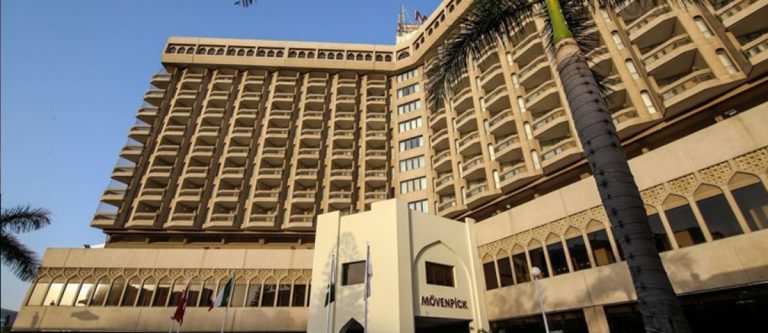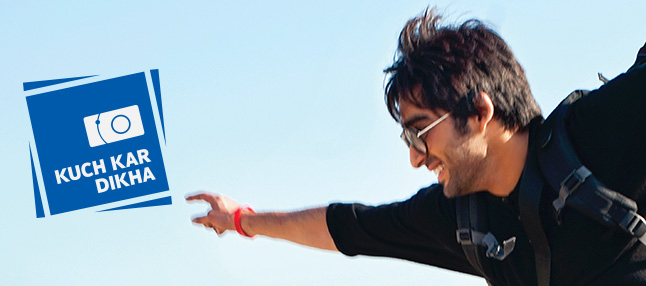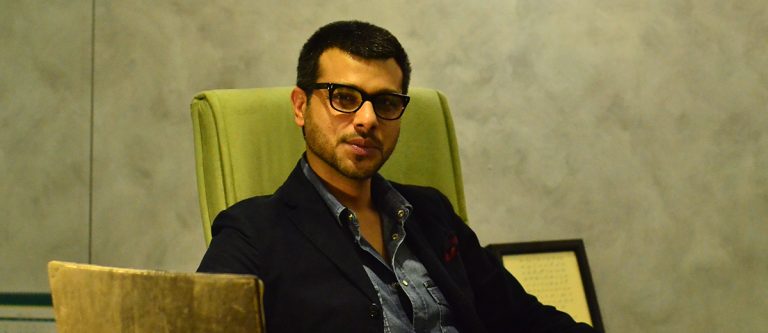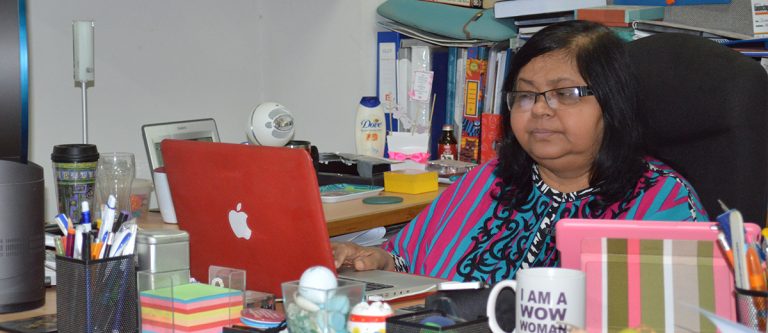Social entrepreneurship guru, Faraz Khan, talks to Synergyzer about the need for fostering socially viable projects and rebranding Pakistan.
Synergyzer: Tell us about your achievements as a business leader and details about the role that you have played with different organizations.
Faraz Khan: Firstly, I simply consider myself as a person who strives to live by his beliefs and supports others, especially the youth, to become leaders in their own respect. I believe that the revolutionary streak that many of us have does not always need to be too blatant; rather one has the opportunity to create a stir in smaller circles, which when amalgamated can become a whole new gigantic sphere. Hence, I left a rapidly progressing corporate job eleven years ago and started out with my partner to follow certain mandates that I had in my mind which are now represented in the very core of our belief system at SEED, our company.
Starting off with an outdoor media advertising company, Gizelle Communications (Pvt.) Ltd., we revolutionized this stream of advertising, creating the first public-private sector partnership and in turn churning out a completely novel way of transit media advertising amongst our other community-centric projects. This earned the company Pakistan’s largest CSR award by Standard Chartered Bank and also paved way for a number of social enterprises and companies that addressed gaps in a number of prominent sectors.
In 2009, SEED – Social, Entrepreneurship & Equity Development, was formed. A holdings company for all of our companies, projects and initiatives, SEED is the only platform for a number of social enterprises in Pakistan. Equity Development is also a very important mandate at SEED as we believe in providing opportunities, encouraging individuals and communities to take ownership of any initiative and making such ideas self-sufficient.
Apart from my own companies and initiatives, I work to support and promote bridging gaps between nations and communities as well as develop entrepreneurship especially for times to come. I also sit on the Advisory Boards of several global organizations such as APPGE – All Party Parliamentary Group for Entrepreneurship, and Atlantic Council US and am a member of Catalyst UKTI. Being a part of these organizations in this capacity gives me the freedom to ‘nurture’ those initiatives or individuals that have the potential to bring about a difference.
Synergyzer: Please give details about the concept of social entrepreneurship.
Faraz: Entrepreneurship in its conventional sense means taking economic risks to fulfill a market need, with the objective of scaling business through profits. In contrast, social entrepreneurship is applied to bring improvement in community well-being instead of only maximizing profits. When we talk about profits here, it is important to understand that money is simply treated as a means to an end and not as the final product. Finances are resources which help maintain costs and drive operations. Whether constituted as for profit or not for profit, the primary goals of social entrepreneurs are to achieve social or environmental improvement.
The philosophy that drives such entrepreneurs is ‘bringing about transformational change in society’ and their vision is fiercely social in nature. All activity is driven to create maximum social impact which creates room for social innovation. The scalability of social enterprises is dependent on empowering the beneficiaries of such a program to a level where they are able to take ownership of the initiative and drive it forth thus expanding the circle of impact.
Synergyzer: How did the concept of social entrepreneurship come about and who are the main drivers for this concept?
Faraz: Interestingly, the term ‘social entrepreneurship’ is still in its infant phase in Pakistan and perhaps in its adolescence in the more developed countries of the world; yet its practice has existed for a long time. It is important to understand that gaps and issues in the socio-economic setup and environment exist in every country with varying intensity. The sect called social entrepreneurs is a very interesting breed if I may say so. Their minds work to bridge widening gaps by acknowledging and comprehending these issues at an individual level. It is an established fact that when the public sector is looking at theoretical solutions for any problem or at times even oblivious to the requirements of the environment and community, it is people from within the community who take a step forward and initiate change to address the gaps that seem to have no solution on the surface. These people base their entrepreneurial efforts, on passion, an innovative mindset and extreme yet practical optimism keeping long-term sustainability in mind and emerge as the real change agents or social entrepreneurs.
Synergyzer: What potential does SEED have to bring about change and what impact has it created?
Faraz: SEED is the umbrella company with a number of companies and initiatives under its banner. As the only platform for various social enterprises in Pakistan, its novelty lies in the fact that it invests in ideas with a potential of being turned into commercially viable ventures with a long-term sustainability factor in mind. There is a simple formula that we follow at SEED – if there is a need and so far no substantial effort has been taken, we come up with an entrepreneurial solution. It’s no rocket science really. Many of these gaps are in front of us; but it has become our second nature to ignore them or to create a pessimistic scenario in our minds. SEED has initiatives that cater to sectors ranging from education, environment and heritage, socio-economic development, microenterprises, bilateral trade, media and advertising, art, and most of all, entrepreneurship. For initiatives that are more socially inclined and people-oriented, we start with extensive research to understand the dynamics of the situation and the community, and identify gaps, stakeholders, and provide the way forward. Devising a business model for these projects is next on the agenda, which is essential for the longevity and effectiveness of these ventures long after we are gone. It is then that measures are taken accordingly, whether they are training programs for grass-root entrepreneurs through PEMS – Potential Enterprise Mapping Strategy; or incubating, mentoring, accelerating and scaling up startups through SEED Incubation Centre and Startup Dosti; creating awareness and conservation of architectural and cultural heritage through Reimagining Pakistan (RPK); or reviving the culture of reading and writing through FK Squared. These are just a few of the initiatives by SEED, yet if mimicked by others by joining hands with us, their impact would be colossal.
Synergyzer: How has the organization impacted different communities, especially the Pakistani diaspora in UK and Pakistanis living in Pakistan?
Faraz: Since SEED has a strong presence in the UK, UAE and Sri Lanka besides Pakistan, and we have collaborations and partnerships with organizations in the USA, it gives us more opportunity and a far wider reach to introduce and promote issues that exist within any society, whether developed or developing. It is only after awareness is created that solutions can be suggested and implemented. Human nature is the same everywhere; the requirement and desire for better lives, brighter future, scaling up, widening horizons, bringing dreams to life, are also the same. Governments, state and business community understand that the gap between nations and communities, public and private sector needs to be bridged. We can make one humble claim that we bring people together regardless of boundaries, borders, class or creed. For us, creating networks that people in any part of the world can make use of, we encourage the exchange of ideas that creates a sphere of academic, theoretical practical and/or experiential information. We provide a platform for entrepreneurs and visionaries all across the world, particularly those with a social mandate.
Synergyzer: According to the Arabia Fast Growth 500 in 2012, Pakistan seems to have a high number of entrepreneurial ventures and startups. In your opinion, what are the core reasons for this?
Faraz: If you view the statistics in Pakistan of the ratio of jobs offered by the top few multinationals to fresh business graduates in the last two decades, the drop in numbers would be alarming. To top that, the once passive youth has found a voice and needs an outlet to create, develop, and perhaps run its own show. A large number of youngsters realize that to bring about change and live a better, more rewarding life, they will have to be the ones to bring about that change. As a nation, no one can doubt our enterprising nature, and with relatively more awareness being created about entrepreneurship, Pakistan has recently witnessed a large number of startups and newer ventures as people now accept it as an important option that they have besides going for the conventional job-hunt. I feel that the young generation now has finally mustered enough courage to shed its inhibitions and face its fears that one always has before plunging into one’s own entrepreneurial venture. The risks are great, but then the rewards are even greater if the venture takes off, which it does in most cases.
Synergyzer: What needs to be done to equip them with the necessary skills?
Faraz: I have three simple phrases for this: Provide them with mentoring, create or make use of an existing platform for exchange of ideas, and try to bring out the entrepreneur in them from a very early stage.
I know that there are courses on entrepreneurship in business schools now, but young children often start their ventures from their early years. Lemonade stands, small personal libraries where often barter is applied, a 12-year old amateur magician who puts up a show and makes money out of selling magic show tickets to friends and family, young boys selling wares on the streets, aren’t they all entrepreneurs? The question is, do we understand the need for skill development and capacity building at all of these different levels of entrepreneurship? We need to first have a break up of these enterprises: grass-root, SMEs, startups, and those that have an aspiring entrepreneur in them but are facing lack of capital or proper guidance and mentoring. Perhaps what helps the most after understanding that the needs and problems of various levels and types of entrepreneurship are different is that we need to link them to the gurus of this industry. It is for this purpose that we have launched SEED Incubation Centre and PEMS for startups and grass-root entrepreneurs respectively.
Synergyzer: If you were to rebrand Pakistan for Pakistanis themselves, what would you choose at its core strength that can be a source of pride?
Faraz: We are an extremely resilient nation. Yet resilience is not always a good quality, because where it does give us the strength to get back on our feet when something goes wrong, it does not equip us with the aptitude to really change things around us. In spite of all the political instability, economic challenges and security issues we face on a daily basis, we are still working our way through it all. That is the problem, because over a passage of time, I presume we have become complacent to the issues around us and have lost the will to change things. This is one of the primary reasons that majority of us and things in general are stuck in a rut. In order to break the status quo and revolutionize the way things are done, we need to change our mindsets and realize the potential that lies within us.
In order to rebrand Pakistan for Pakistanis themselves, we need to step back in time and understand what it was that we were doing in the 1950s that led to Pakistan being recognized as a symbol of economic growth and prosperity. We need to re-create that image today, and it cannot happen unless we are truly grateful for the freedom that we have and loyal to what it really means to be a Pakistani.
Pakistan today is one of the youngest nations in the world considering it has the third largest youth population on the planet. 65% of Pakistan’s population comprises of individuals below the age of 35. That is a huge strength in itself and is the core quality we need to capitalize on. Rebranding ourselves means stepping away from old paradigms and conventional thinking and understanding that we are a young nation. This youth population has immense potential and drive, their intention of wanting to bring about a change was evident from the voters’ turnout of the 2013 Elections where almost 48% of the voters according to ECP fell in the 18 to 35 age bracket.
We need to recognize this fresh talent and potential that exist within us, and collectively create avenues that can capitalize on this strength. The next age of entrepreneurs, revolutionaries, political leaders and opinion leaders will come from this pool of young people. This part of the population which exists in both rural and urban centers of Pakistan will be responsible for re-creating the glory that was ours in the 1950s. Luckily, we have enough passion and drive for fast paced, sustainable growth, and with the right kind of mentoring, guidance and opportunities this passion can turn into something meaningful which will be the source of our pride for the coming time.
Synergyzer: What measures can Pakistanis studying and living abroad should undertake to convert the country’s image into a positive one?
Faraz: We aren’t short of potential, ideas, passion or drive. What we lack is pride in our sense of identity, which means to truly love this country and value the freedom we have, with all that we have. If we cannot learn to take pride in who we are, and what we stand for, we cannot expect other people to think differently of us. How we feel about our own country is eventually reflected in our attitude, and that attitude speaks multitudes of what Pakistan really is. If you are a Pakistani student living abroad, understand that you are Pakistan’s brand ambassador by default. How you behave and the information you disseminate about Pakistan, is unconsciously creating a picture about your country in the minds of foreigners.
Students living abroad should start with changing this mindset, they should propagate that the reason that they have come abroad is to gain additional value education and not because it is an escape route. Once that happens, people will begin to see that Pakistanis are hardworking and ambitious people.
The Pakistani student Diaspora needs to connect with each other over geographical boundaries and start a movement which is focused on rebranding Pakistan. They must create a network amongst them and start a campaign highlighting the hidden potential that Pakistan has. This means talking about the creative industries, the entrepreneurial talent, the youth population, the hardworking rural community, our natural resources, our heritage and the country’s literary talent. It is important to bring to light the things that are not discussed in general about the country to move away with the negative image that is connected to us.
Students living abroad should collaborate with Pakistani consulates in the countries where they are residing and conduct seminars and talks about Pakistan, with the objective of engaging the communities living in those countries. There is a perspective that is relayed via the media about Pakistan; this may not always be true and complete. Hence, it is the responsibility of every Pakistani living abroad, particularly the student body to change this perspective through meaningful action by creating awareness about the potential Pakistan has. An interactive dialogue about Pakistan’s strengths with the communities living abroad may open up avenues of collaboration in diverse areas.

